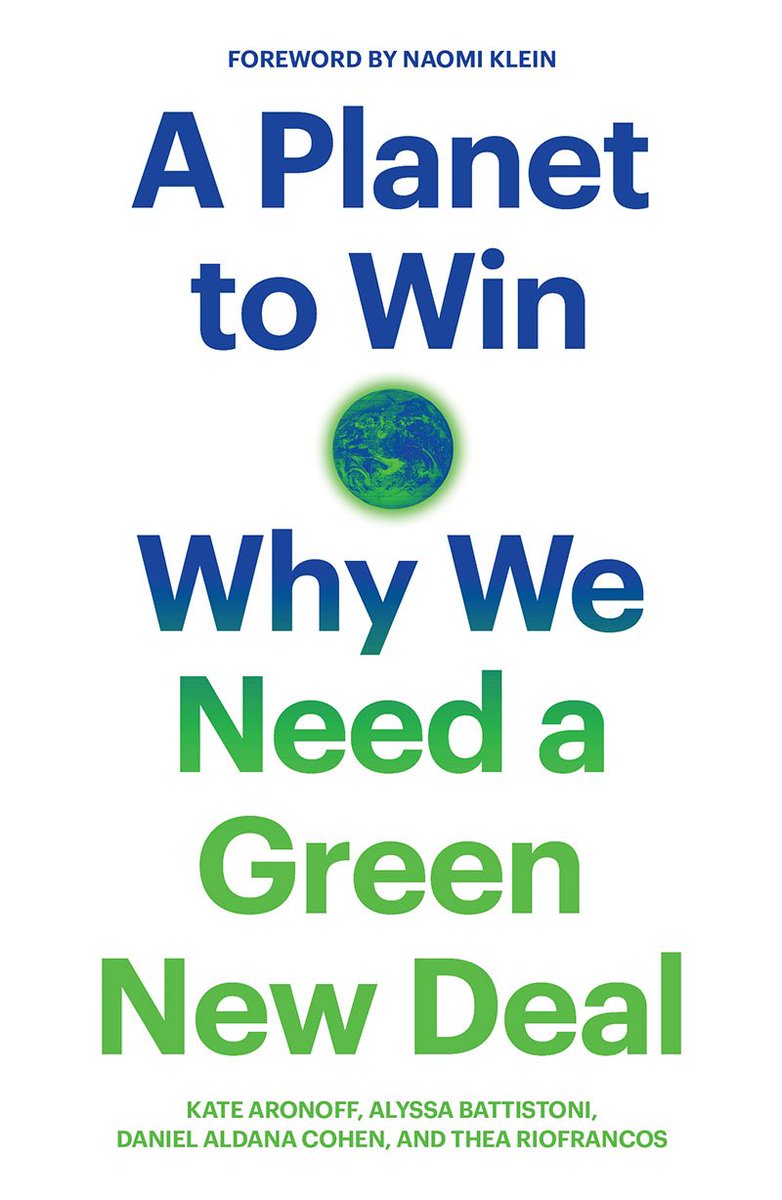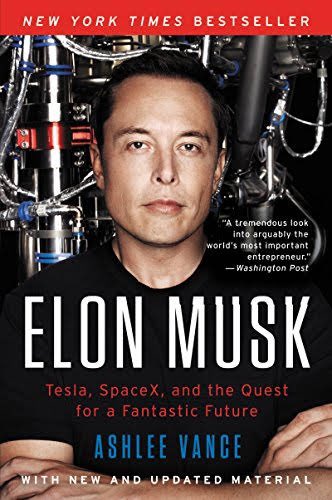
I like Wolff, but I disagree with this comparison. Electoral systems in the countries he’s referring to are way different and make it possible for there to be more than two parties.
In the US, elections are undemocratically controlled by Dems & GOP to ensure that doesn’t happen.
In the US, elections are undemocratically controlled by Dems & GOP to ensure that doesn’t happen.
https://twitter.com/briebriejoy/status/1352096444216467458
That isn’t to say I think US left politics needs to take place within the Democratic Party, or that it’s a good vehicle to realize left-wing demands. But I don’t think the example of European left parties carries over to the US, especially federally.
There are way more roadblocks to any kind of third-party strategy in the US than there are in European democracies, and that limits the possibility of success when taking that route. US left needs to find an effective way to exert its power, but I’m not sure third party is it.
I should note this is also just based on the clip, maybe there’s more context and nuance in the full conversation, but I haven’t had a chance to listen.
• • •
Missing some Tweet in this thread? You can try to
force a refresh













